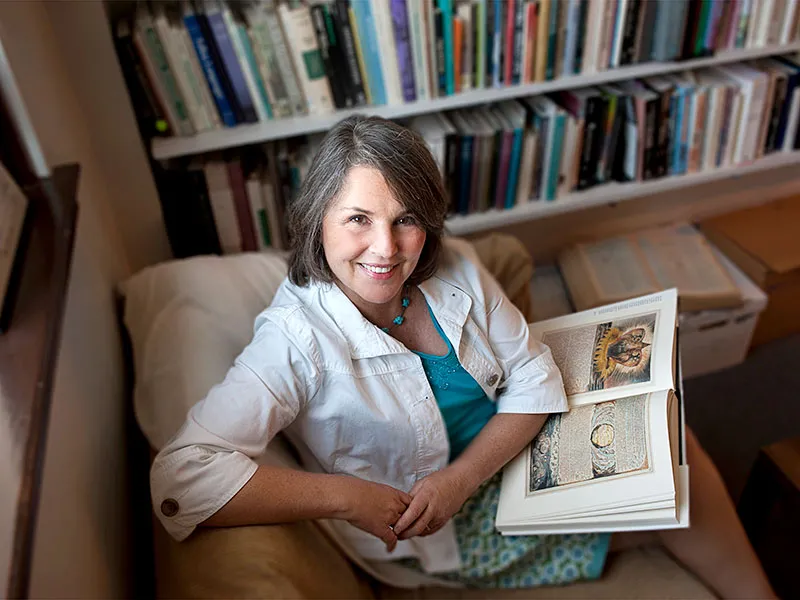
Biography
Molly Anne Rothenberg is Professor emerita of English from Tulane University. She received her doctorate from the University of California at Irvine in Comparative Literature and Critical Theory. She is a nationally certified psychoanalyst. Her teaching and scholarly interests include late 18th-century and 19th-century British literature and culture, gender and sexuality studies, post-Freudian psychoanalytic theory, film and new media theory, social and cultural theory, and global literary studies.
Her latest book, The Excessive Subject: A New Theory of Social Change (Polity 2009), uncovers an innovative theory of social change implicit in the writings of radical social theorists, such as Pierre Bourdieu, Michel de Certeau, Judith Butler, Ernesto Laclau, and Slavoj Zizek. Through case studies of these writers' work, she illuminates how this new theory calls into question currently accepted views of social practices, subject formation, democratic interaction, hegemony, political solidarity, revolutionary acts, and the ethics of alterity.
She co-edited with Jamil Khader Zizek Now! (Polity 2011), a volume of essays assessing Zizek's contributions to the many disciplines engaged by his writings. Her other publications include Re-Thinking Blake's Textuality and SIC IV: Perversion and the Social Relation, edited with Dennis Foster and Slavoj Žižek (Duke 2003). She has published in Critical Inquiry, PMLA, ELH, Eighteenth-Century Studies, English Language Notes, and The Journal of the American Psychoanalytic Association, among others. Her esssays on such diverse topics as Lacan’s discourses and the law, Lacan and race, speculative realism, Jacques Rancière, a psychoanalytic approach to Jane Austen’s wit, Judith Butler’s writings on sexuality, and zombie films in a psychoanalytic key appear in collections from Routledge, Cambridge University Press, Northwestern University Press, Turia + Kant Press, Mouseion Press, and the University of Chicago Press.
She is currently writing a monograph assessing Jane Austen's commitments to universalism in light of contemporary theories of pseudouniversalism, equality, democracy, aesthetics, and capital. She is also researching a book entitled "Unsettling Race: Victorian Literature, Working Class Migration, and the British Empire," which investigates how 19th-century literature seeks to counter anxieties about migratory labor, a process that opens up new possibilities for identifications across race and class, implicitly challenging the race-in-place discourse that will come to underwrite Victorian ideologies of empire.
She received a 5-year NEH fellowship in Critical Theory, a 3-year NEH award to the School of Criticism and Theory, an NEH Focus grant for faculty development in global literary studies, a two-year NEH award for program development in the Humanities, two NEH Summer Seminar fellowships, a Folger Shakespeare Library fellowship, and a Fulbright Flex Award for research at the University of Edinburgh that included preparing a digital exhibition for the Folger Shakespeare Library of materials on dramatic adaptations of Sir Walter Scott's novels for the bicentennial of Waverly's publication. She was the co-recipient of a Louisiana Regents Fund award for development of a multi-media laboratory as well as a two-year CORST grant from the American Psychoanalytic Association. She has received the Honors Program Teacher of the Year Aaward in 1996, the first Tulane University Weiss Presidential Fellowship Award for Undergraduate Teaching in 2011, and the Oliver Fund Award for Faculty Mentoring in 2015. She served as Chair of the department from 2009-2012.

